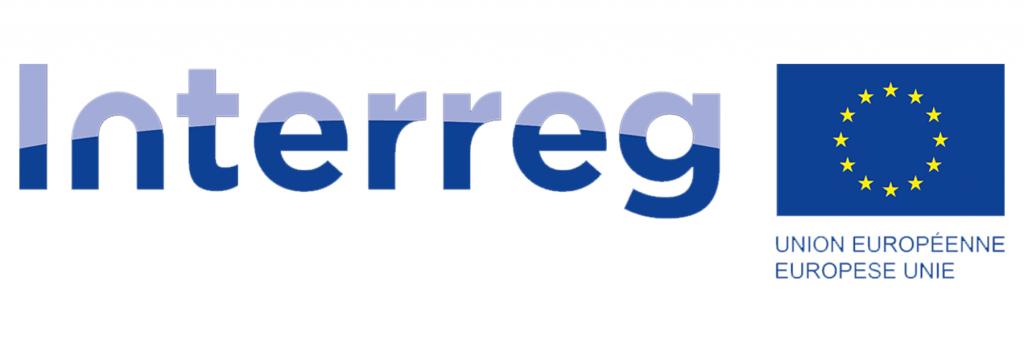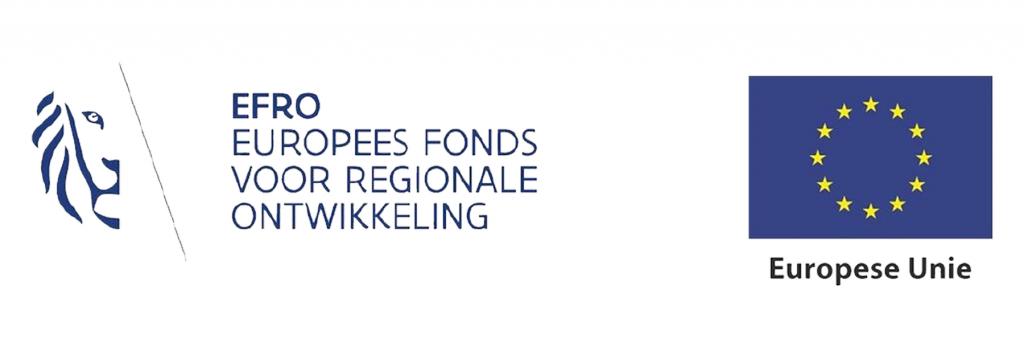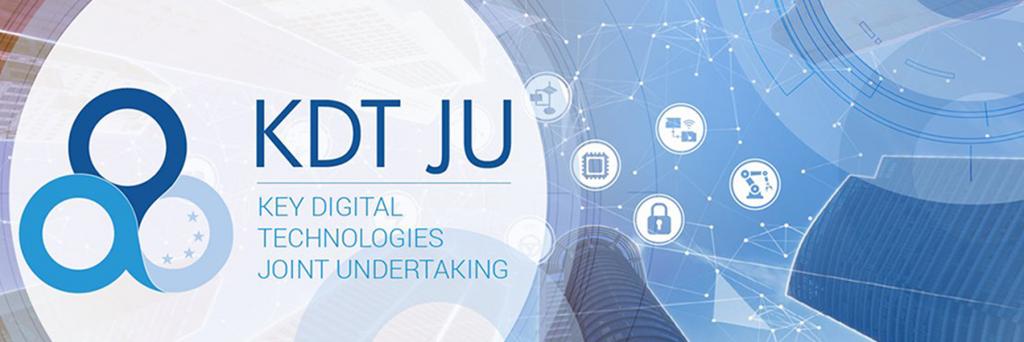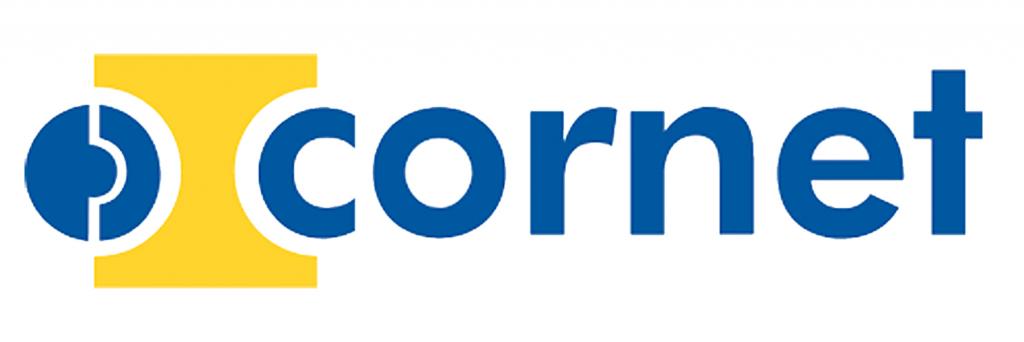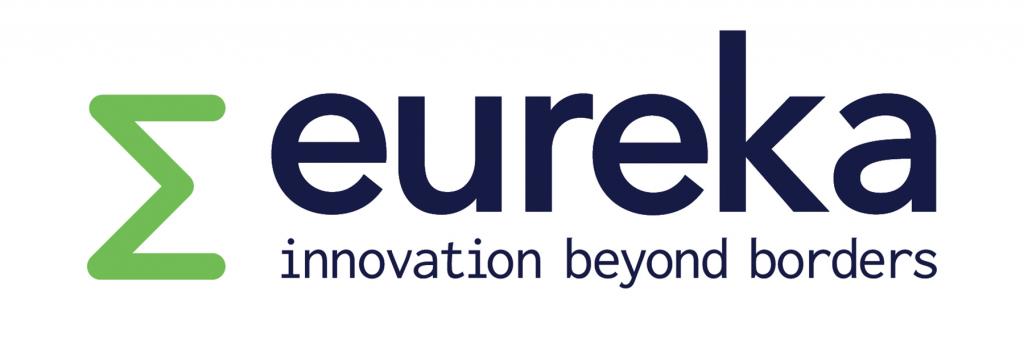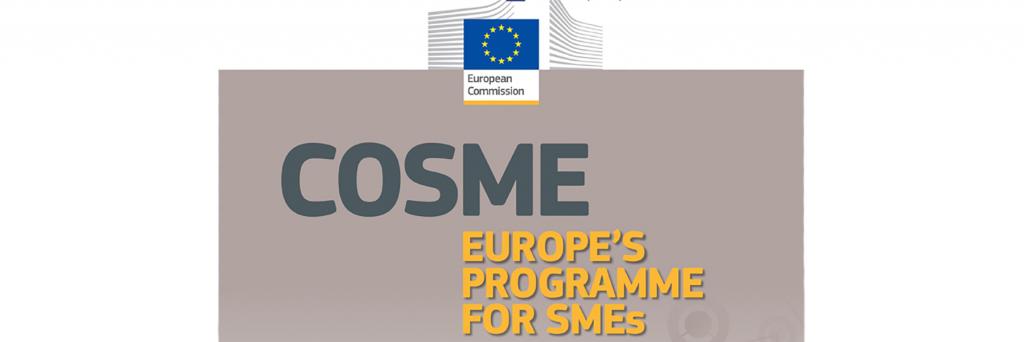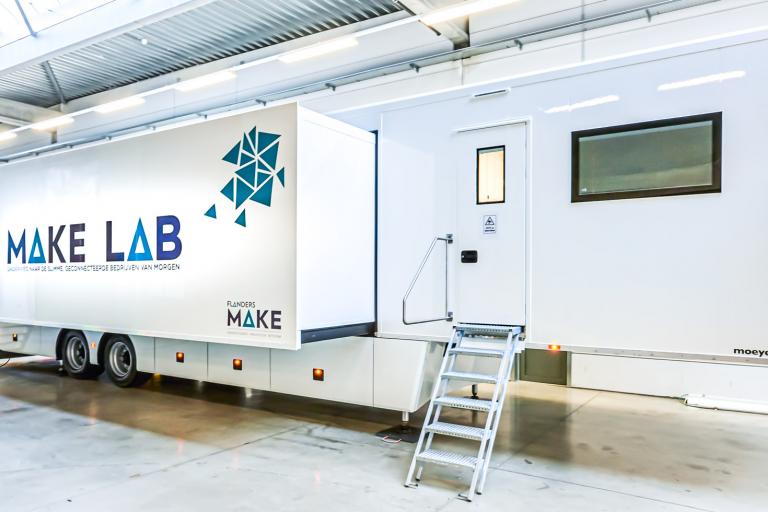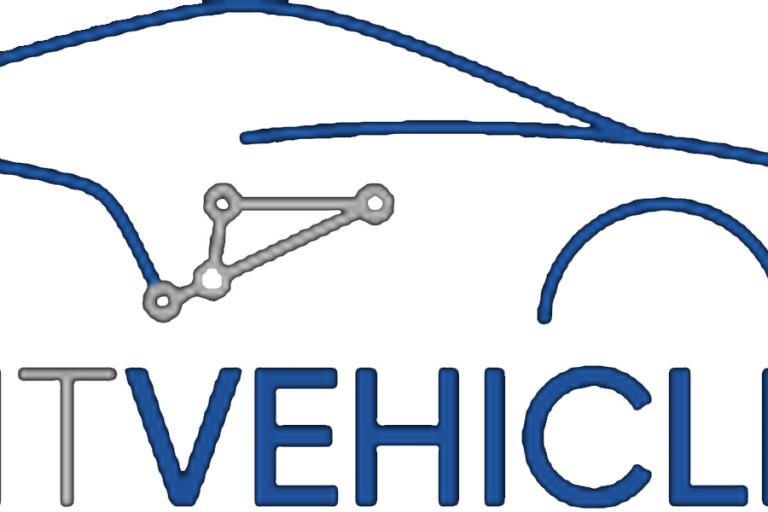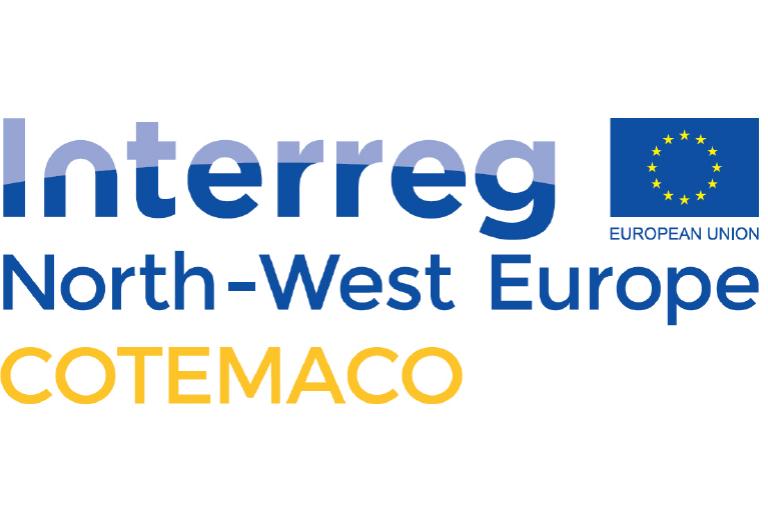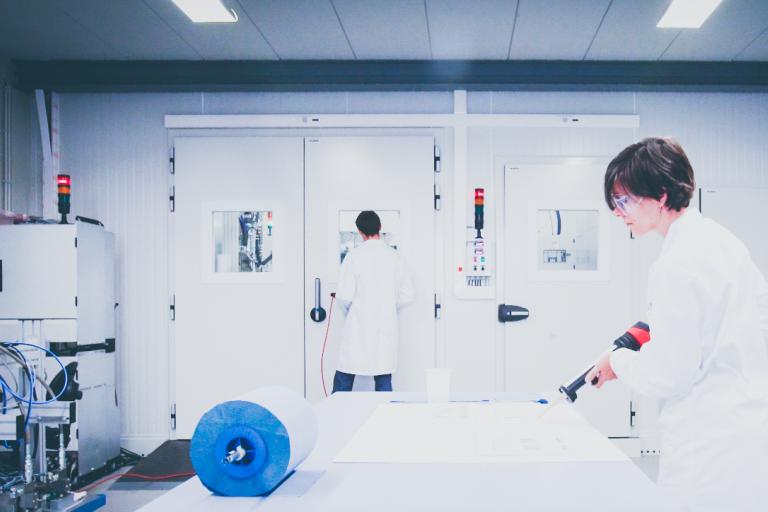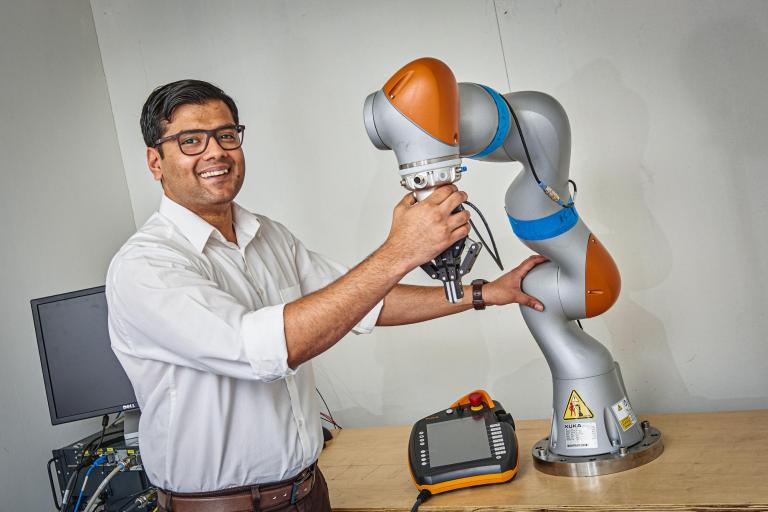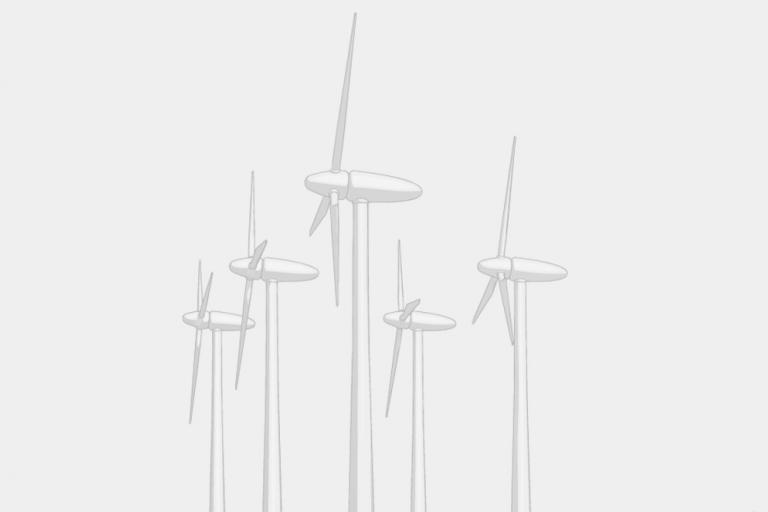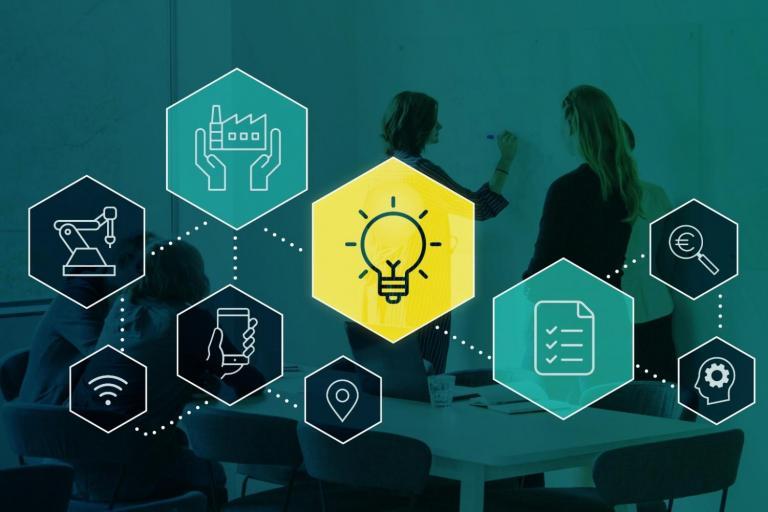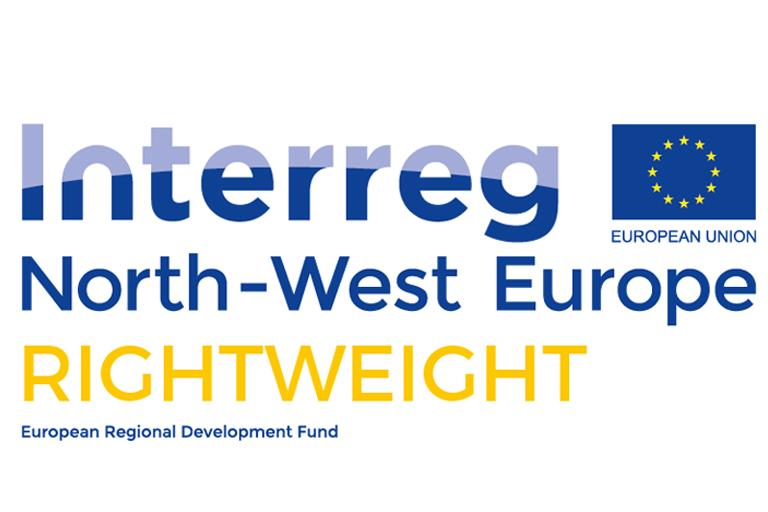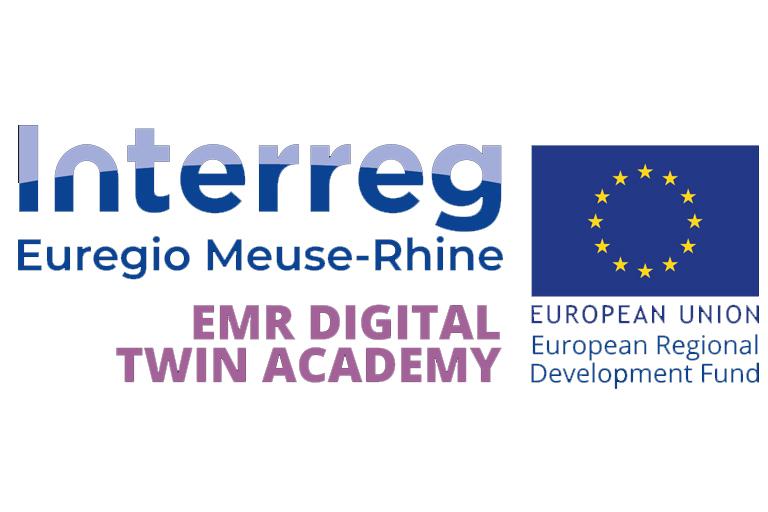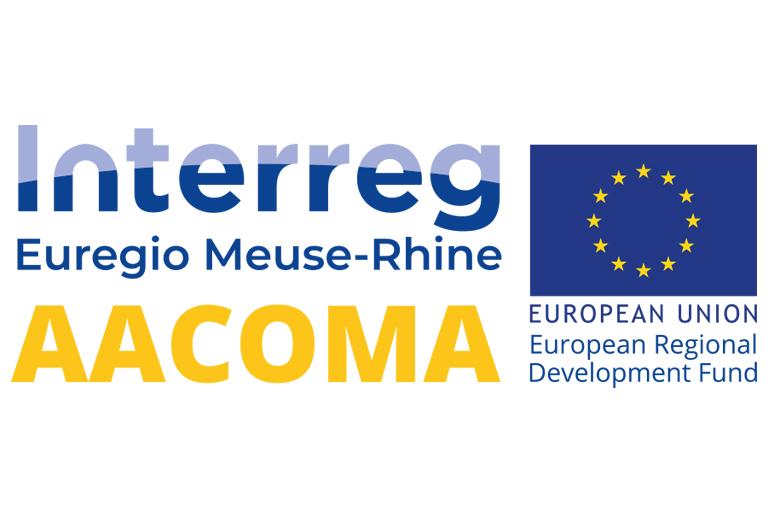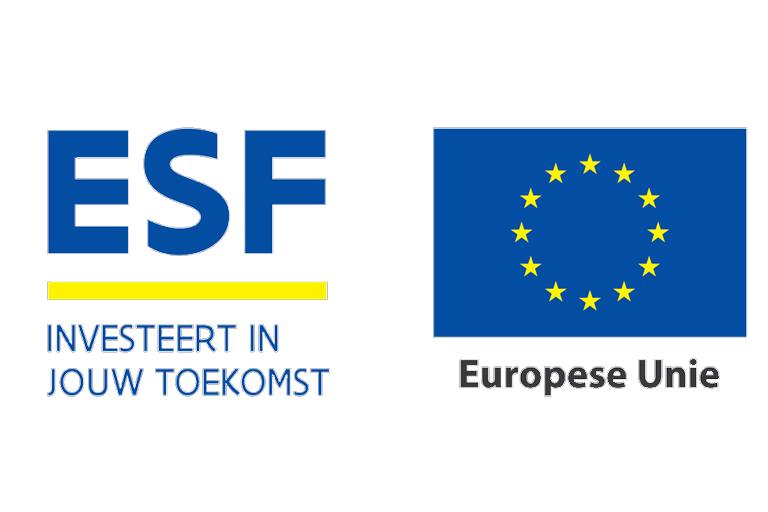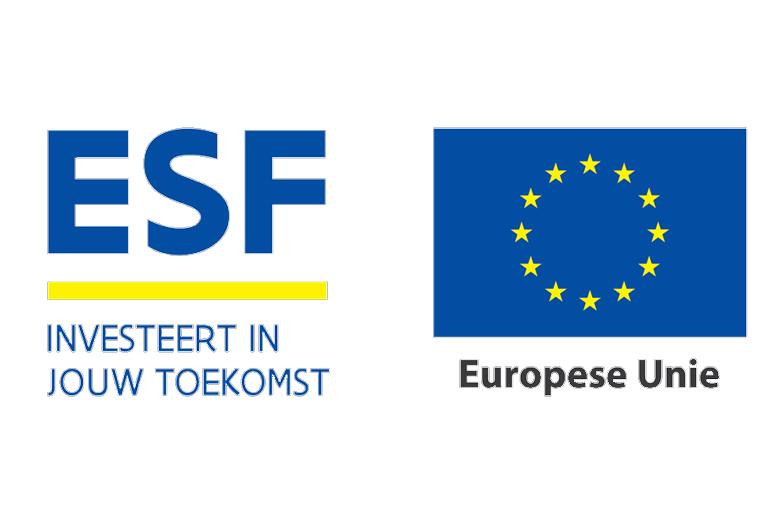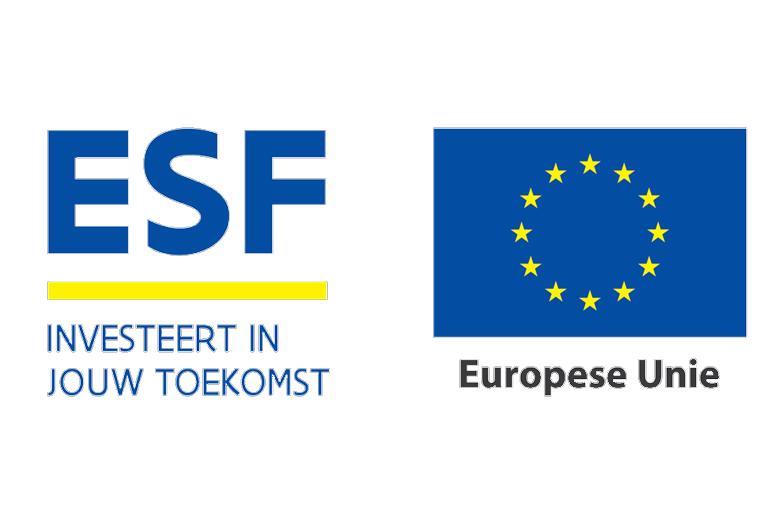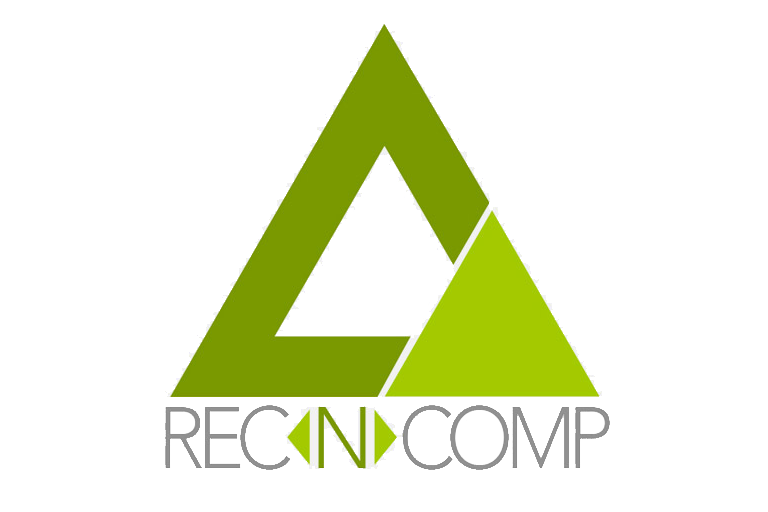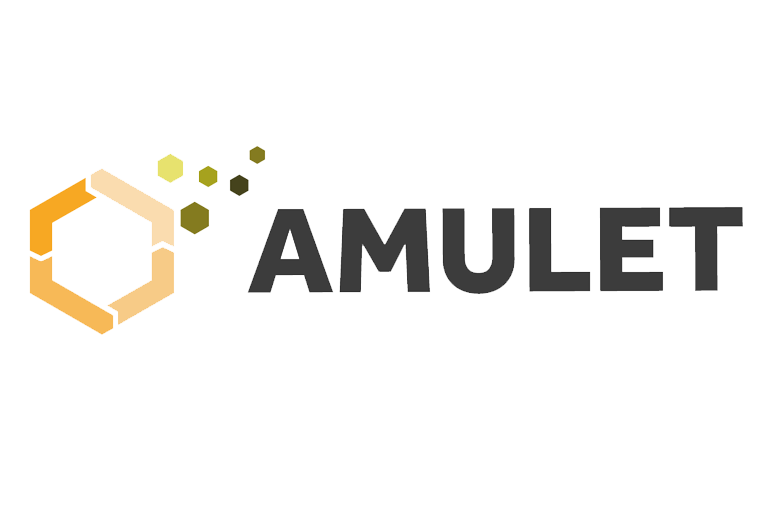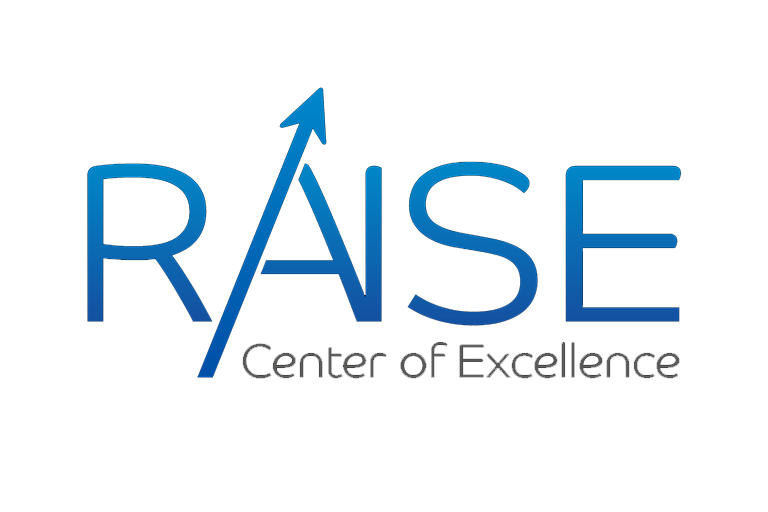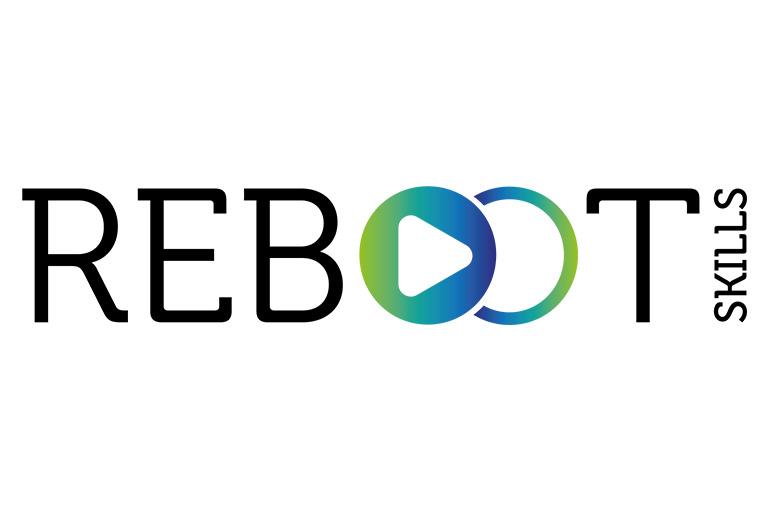European projects

What are European projects?
The European innovation landscape offers a wide range of opportunities to participate in European initiatives. Companies (large companies and SMEs), research institutions as well as governments, cities and other public institutions are encouraged to participate in projects and thus make use of European funding for their research and innovations.
The landscape is quite complex and often it is difficult for individual companies to find the right channels and project calls.
Flanders Make proactively screens the relevant open calls and tries to encourage Flemish companies to participate together.
Open calls for European proejcts
There are many different European programs that all have their own focus and characteristics and organize calls on a continuous basis. This means that there is almost always a call open in one or more of the programs. Below is a link to a website of VLAIO with a very useful search function for looking up relevant open calls.
Objective of EUROPEAN PROJECTS
European projects are always linked to a relevant European theme. They may be technological in nature, but they may also be about networking or have a more policy-related objective, depending on the programme and the call for projects. In any case, the aim is for European innovation projects to have a (lasting) influence on important European themes.
Who is eligible?
Projects are often open - depending on the theme, the context and the call - to companies, research institutions and public bodies. European projects are particularly suitable if you want to build up knowledge within a European context and want to collaborate with other European players or develop a European network.
How can you participate?
You can participate as a "project partner" by joining a European consortium of organizations that want to submit a project within the call. Usually there are websites where supply and demand are brought together. Important examples are
- Intelligent database for European project calls and project partners
- Database of the European Commission to search for project calls
- Database of the European Commission to search for project partners:
Flanders Make already has a broad network in the European innovation landscape and can certainly provide support. We also have a lot of experience with the submission of projects in a European context.
A company can also participate as "project coordinator" (= project leader) by filling in the application template made available by the program and forming a consortium of project partners. For most companies, this is by far the most difficult path unless there is a lot of experience and a broad network is already in place.
European projects in which Flanders Make participates
Frequently Asked Questions
When to choose the EUROPEAN project formula?
European projects are particularly interesting if you as a company want to collaborate with other companies, research institutions and public organizations within a European context.
What is a typical project duration of European projects?
European projects often have a duration of 2 to 4 years, depending on the programme and the call. Keep in mind that the lead time from the start of the application to the start of the project can easily be one year or more.
Are there restrictions on SME participation?
In principle, there are not. However, the European state aid rules do apply whereby companies cannot benefit from more than € 200,000 in a period of 3 years (the De Minimis rule).
What is the level of support companies can count on?
For private companies there is a maximum support percentage of 70% of the budget. Furthermore, the maximum project budget is generally mentioned in the call sheet.
What does the submission process look like?
This depends on the programme and generally looks as follows:
- Publication of the call texts with budgets and timeline
- Submission of the project proposal - usually takes 2 to 3 months
- Evaluation of the project proposal - generally within 3 months
- Signing of Grant Agreement and Consortium Agreement after approval
- Start of the project
Can the other Strategic Research Centres (SOC) also participate?
Yes, all research institutions can participate.
Can subcontractors be used?
Yes, this is permitted for almost all European programmes. However, the contribution of subcontractors is subject to rules. The essential tasks within the project must always lie with the project partners. Subcontractors can be used for sub-tasks. The details of these rules are laid down in the cooperation agreements that are signed with the projects.
What about intellectual property rights?
That differs per program. In general, existing knowledge always remains with its owner (must be recorded before the project; "background"). Unless agreed otherwise, the partner who develops new knowledge within the project ("foreground") also owns it.
What about knowledge transfer and valorisation?
European projects often speak of "dissemination" and "exploitation". This means that the results of the projects must be made known within a broad European context; in compliance with the agreed IP rules. Furthermore, the results must be exploited by the partners concerned to the market. This means that the participating partners must have a business model with which the results are put into practice via a new product or process.
How are the EUROPEAN PROJECTS assessed and monitored?
After the approval of a European project, a Project Officer is always appointed who will follow up the project during its lifetime. Regular evaluation reports are requested that provide insight into the progress of the project and the realization of the performance and impact indicators. At the end of the project the final report always follows.
How can Flanders Make help with the submission of European projects?
Based on our experience with the European innovation landscape, we can offer the necessary support. If Flanders Make participates in a project proposal as partner or coordinator, we can assist in writing the project proposal as well as in the formation of the consortium. Participants are expected to develop their own business cases and write the valorisation chapter for their own organization.
